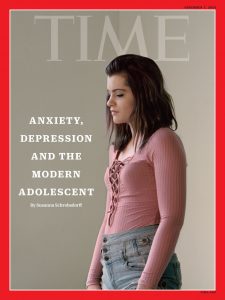Anyone who has struggled with an addiction will tell you that addictions are very difficult to beat. Even those who desperately want to quit may go to rehab multiple times before succeeding.
For over three decades, neurofeedback successfully helped reduce cravings and resolve any underlying issues that may be driving addictive behavior. In a 1989 study of veterans with PTSD and alcohol use disorder, 80% of clients were able to remain sober for at least 18 months. Most of the clients also were able to eliminate their PTSD symptoms. ...continue reading



